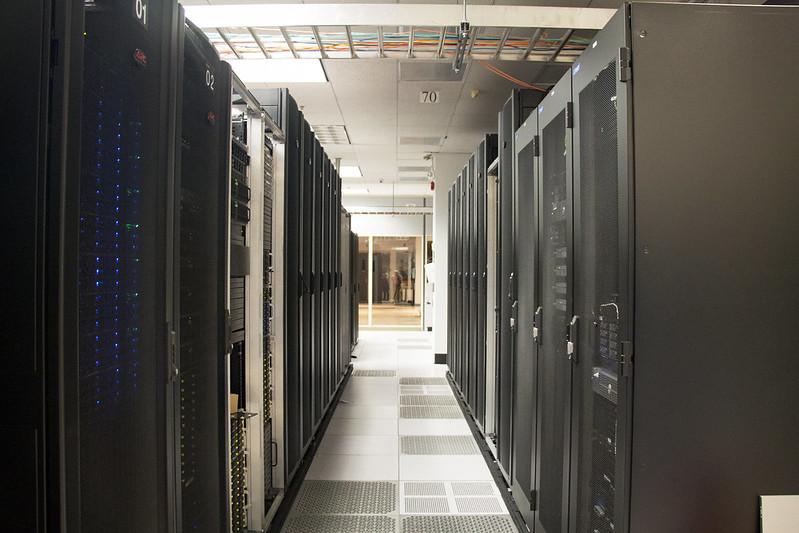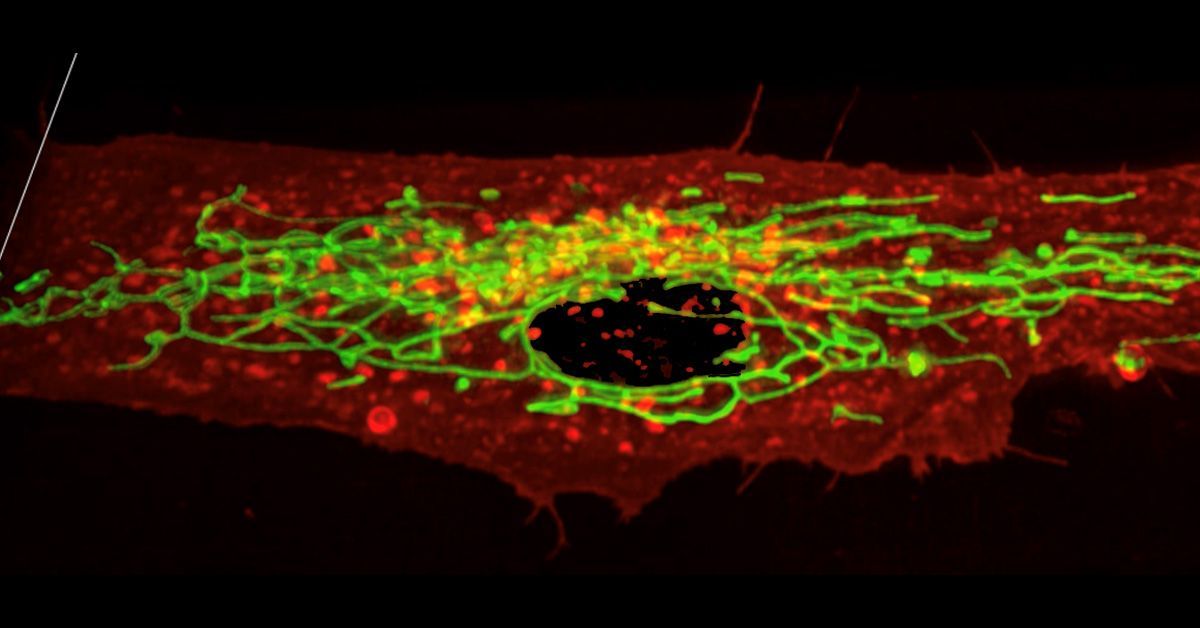UC San Diego is stepping up to lead a coalition of 10 universities on a mission to improve the speed and accuracy of computing orders. Computer science professor Tajana Simunic-Rosing and her team of researchers will work toward developing a Processing with Intelligent Storage and Memory center (PRISM). A $35 million grant from the Semiconductor Research Corporation in conjunction with combined funds from the involved universities will make up the $50.5 million in funding for the project.
The PRISM Center’s website includes a more in-depth overview of the faculty involved, the funding that has been raised, and the team’s research plan. Among this information is a technical breakdown of tasks and long-term goals.
“PRISM will blur rigid boundaries between hardware and software to enable flexible cross-layer co-optimizations while making these changes transparent to the application designer … By radically re-architecting memory and storage to enable new computing functionalities for improved energy efficiency and performance, PRISM will achieve near ‘speed-of-light computing.’”
The center will focus on four key components: novel memory storage devices and circuits, next-generation architecture, systems and software, and grand challenge applications. Currently, modern computer systems spend as much as 90% of their time transferring information between memory and processors. Professor Simunic-Rosing and her team are aiming to create new software and chip architectures to improve efficiency.
“We will build the hardware and software that will make sense of all the data that we generate today–quickly and accurately,” Rosing said in an interview with UC San Diego Today.
Between the San Diego Supercomputer Center, the Halicioglu Data Science Institute, and the Jacobs School of Engineering, UCSD’s expansive computer engineering infrastructure makes it a well-equipped leader in this project.
Further, one of the grand challenge applications of the center’s work is “personalized and secure drug development and study.” UCSD’s expertise in medicine and bioengineering will undoubtedly be a great asset.
“Right now, it takes an average of six and a half years and tremendous computing power to determine which pharmaceutical compounds should be tested in clinical trials — and more than 90 percent of the trials fail,” Rosing said to UC San Diego Today. “Researchers believe they can shrink this timeline significantly by harnessing the benefits of large-scale systems developed by PRISM.”
The second grand challenge application is “deep insights,” which aims to quicken and improve the accuracy of data analysis from various sources. Researchers hope to develop infrastructures that can adequately identify misinformation, as well as be used to offer “open-ended queries from humans that are more relevant and natural.”
Among PRISM researchers are UCSD computer science professors Jishen Zhao and Yiying Zhang, who will serve as co-principal investigators, along with 20 researchers from the other involved universities.
While the PRISM Center’s research is only just beginning, with UCSD leading the initiative and bringing its abundant computer engineering resources into the mix, there is much advancement to look forward to in the future.
Photo by Megan Lee for the UCSD Guardian.





















Jennifer Dehner • Feb 14, 2023 at 3:26 am
More computational efficiency is great! For the majority of human evolution, it is better to invest more money on AI development. My business started having problems, and I needed to help him financially, but at the time, all of my money was in stocks, so I decided to take a loan. After comparing the terms of loans from various companies, I decided to take a loan money because they have the best conditions for me.
taylor m. • Feb 3, 2023 at 12:31 pm
Yay, more computing efficiency! The more money thrown at AI advancement the better, at least for most aspects of human evolution. As long as it doesn’t turn out like the Matrix, right? We better stop saying that before It gets ideas.
I was talking about this topic of AI taking over the world with my pressure washer the other day – shot out to: https://pressurewashpro.ca/ – and he was worried about drones connected to faucets pressure cleaning a house expertly in less than 60 seconds, which of course would eliminate his business. The way he explained it I really think that’s possible in the next two years.
eva • Jan 23, 2023 at 12:42 pm
https://foxly.me/Idpqug
eva • Jan 23, 2023 at 12:41 pm
I earn more than $27,000 USD every month working part-time. I listened to several folks describe how much money they nd-02 would fairly expect to make online, so it’s still tough to say. It all became genuine, and it dramatically changed my life. Everyone should now kb-49 try their hand at this field of business. By accessing
.
.
This website———————— >>>